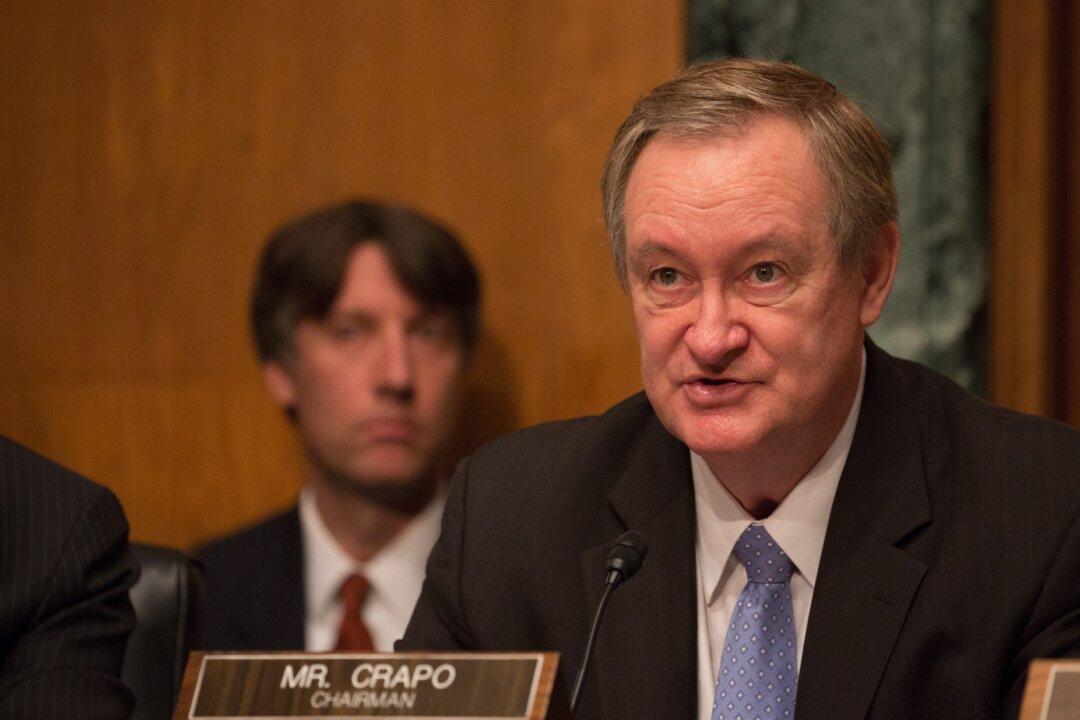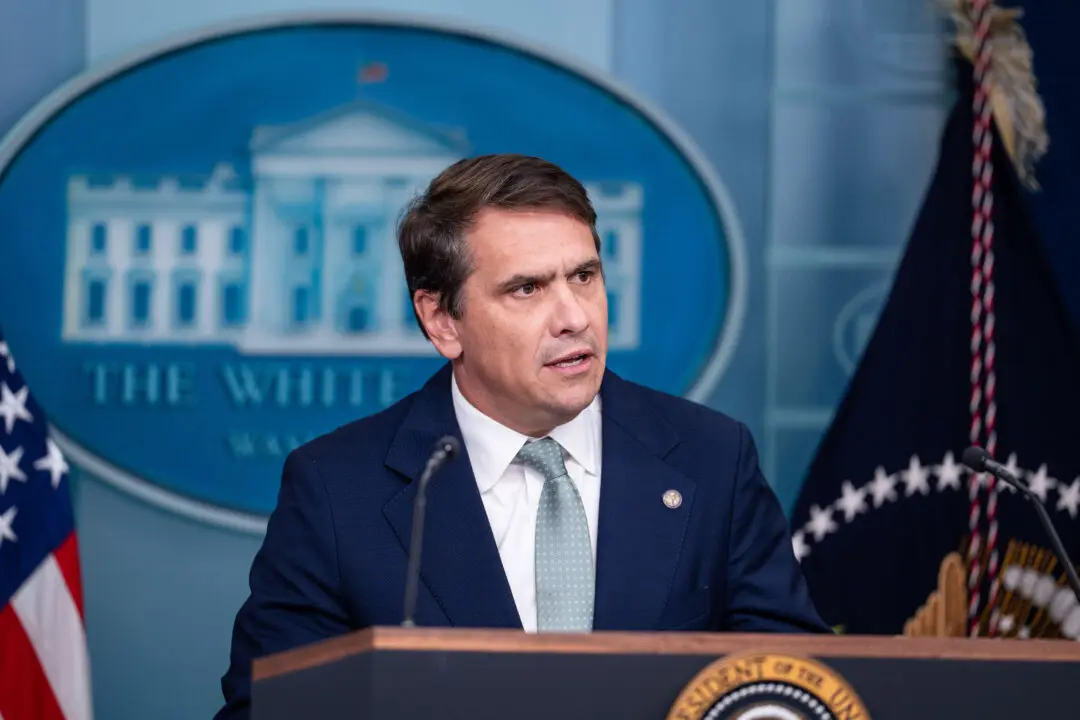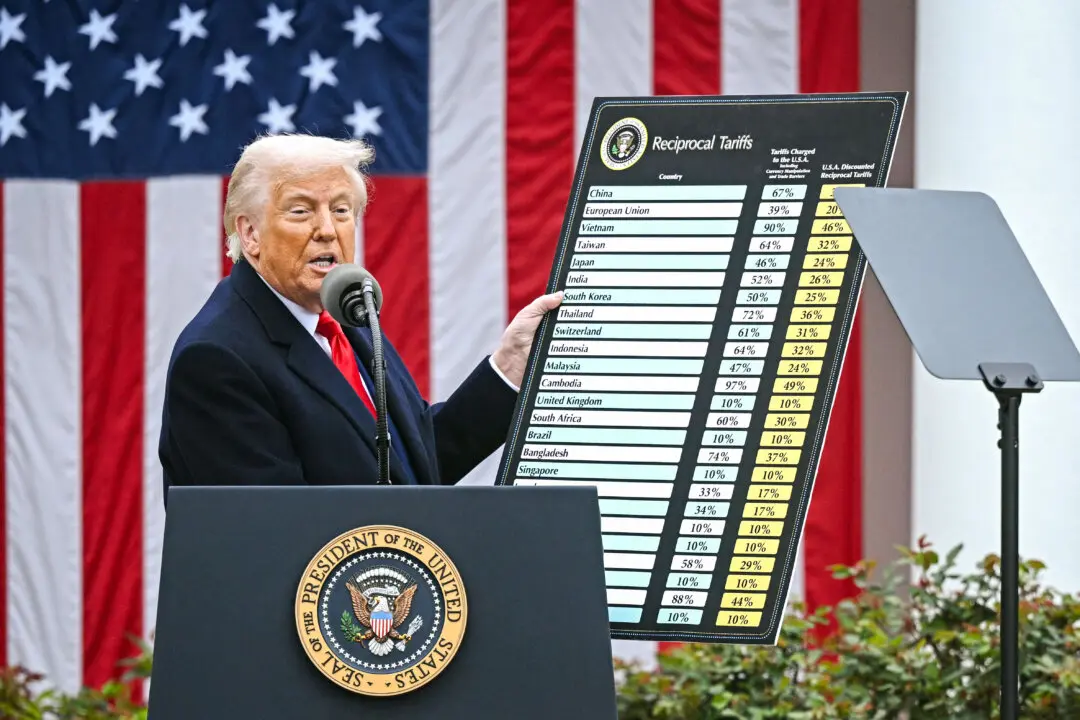A Republican senator blocked a bill aimed at preventing election meddling in the United States, saying the measure, sponsored by Sen. Chris Van Hollen (D-Md.) is actually designed to attack President Donald Trump. He also argued new sanctions would do more damage to the United States and its allies than Russia.
“The mechanisms in this bill have been designed more to attack the Trump administration and Republicans than to attack the Russians and those who would attack our country and our elections,” Sen. Mike Crapo (R-Idaho) said. “When we can stop trying to make it anti-Trump or anti-Republican or make politics out of the problems that Russia truly is creating for us, maybe we can come together and pass yet another strong piece of legislation to move forward,” he said, the Idaho Press reported.





